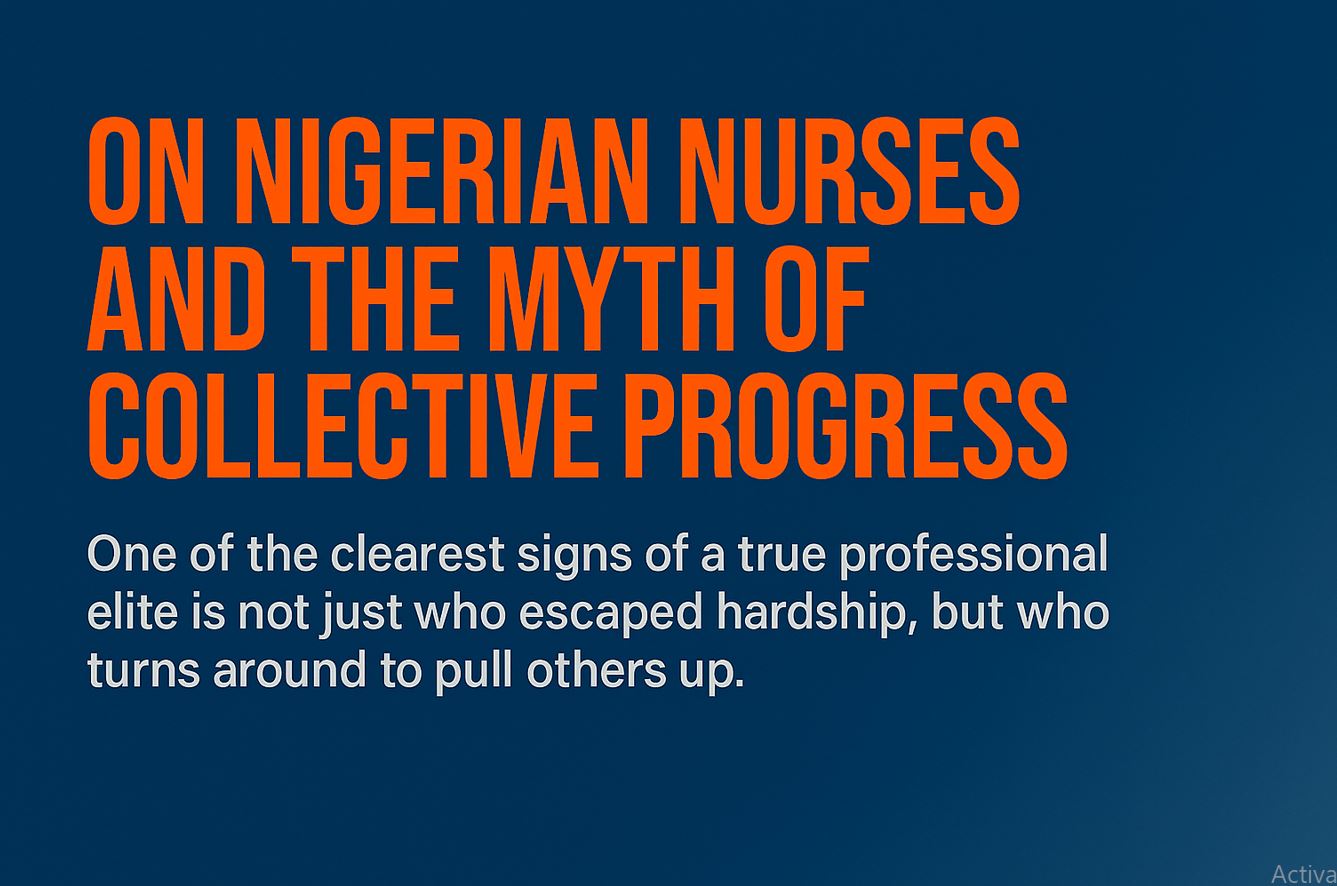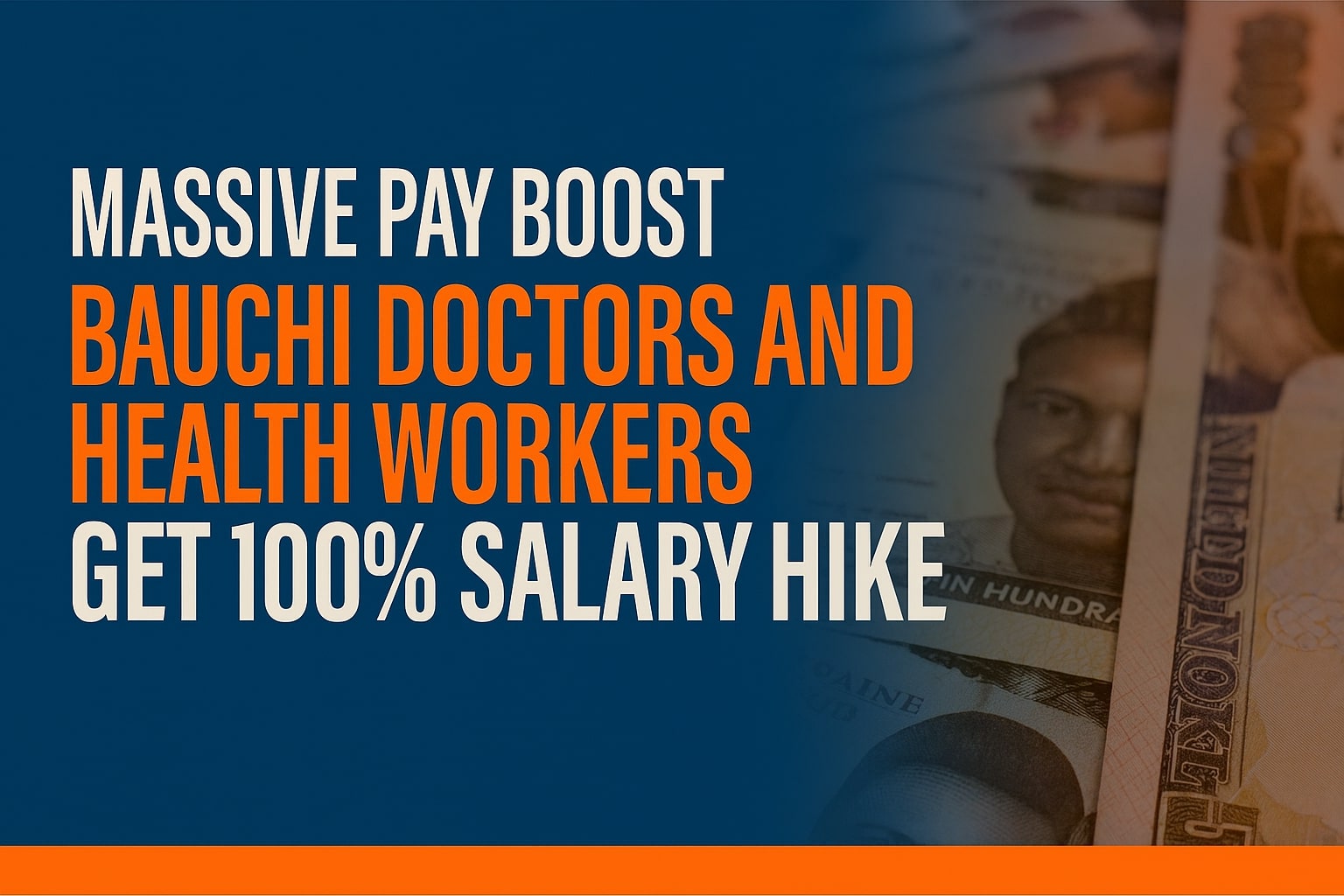Truly, aside from recent successes in the containment of the Ebola Virus Disease as well as publicised improvements in some health indices like Infant and Maternal Mortality Rates, Nigeria’s healthcare system is still largely deficient with Government at all levels yet to decisively address most of the basic challenges confronting the health sector, such as: Poor and decadent state of health infrastructure and equipment.
The Federal Government’s promise in 2013 to institute a Health and Hospital Development Intervention Fund, HHDIF, as well as establish six regional world class hospitals have remained mere rhetorics.
At 54, Nigeria’s health care system is still being undermined by the poor political commitment to health and the health care needs of Nigerians, by Nigeria’s top political and public office holders. The health sector is also still blighted by poor budgeting for health at Federal, State and Local Government levels.
This has not been helped by the absence of constitutional justiciable health rights for Nigerians and the frequent recourse to foreign medical care by Nigeria’s top political and public office holders, a situation that has led to the burgeoning phenomenon of outbound Medical Tourism with the attendant huge capital flight of over $800million to other countries.
At 54, Nigeria is yet to enact a National Health Act while Universal Health Coverage in Nigeria is still hovering around a miserable 7 percent coverage, far lower than rates seen in other less endowed countries like Rwanda, Tanzania and Ghana.
At 54, Nigeria is yet to witness massive investments in health research, particularly Public Health Research and other areas of operational research. The Ebola pandemic and the glaring absence of proactive research efforts (by African countries, including Nigeria) to develop a preventive vaccine or a drug cure for Ebola Virus Disease since its first outbreak in 1976, is a clear testimony of the poor priority for health research.
At 54, there remain huge deficits in health human resource.
At 54, Nigeria’s health sector is still heavily challenged by the poor state of security in the country, including the security and safety of healthcare workers particularly in their workplaces; worsening mass poverty in Nigeria with attendant negative impact on the utilisation of healthcare services on account of poor financial access.
At 54, Nigeria still has weak and poorly integrated Primary and Secondary levels of care and a weak referral system, all of which largely contribute to the suffocation of the nation’s existing tertiary health institutions with large crowds of patients, burn out of the few available medical doctors/dentists and other health professionals, and ultimate decline in productivity and efficient health service delivery.
At 54, Nigeria still has a largely chaotic drug procurement and distribution system.
By: Dr. Osahon Enabulele, Vice President, Commonwealth Medical Association
ABUJA: Training Schedule for Basic Life Support BLS, Pediatric Advanced Life Support (PALS), Advanced Cardiovascular Life Support ACLS, First Aid, CPR, AED
PORTHARCOURT: Training Schedule for Basic Life Support BLS, Pediatric Advanced Life Support (PALS), Advanced Cardiovascular Life Support ACLS, First Aid, CPR, AED
LAGOS: Training Schedule for Basic Life Support BLS, Pediatric Advanced Life Support (PALS), Advanced Cardiovascular Life Support ACLS, First Aid, CPR, AED




